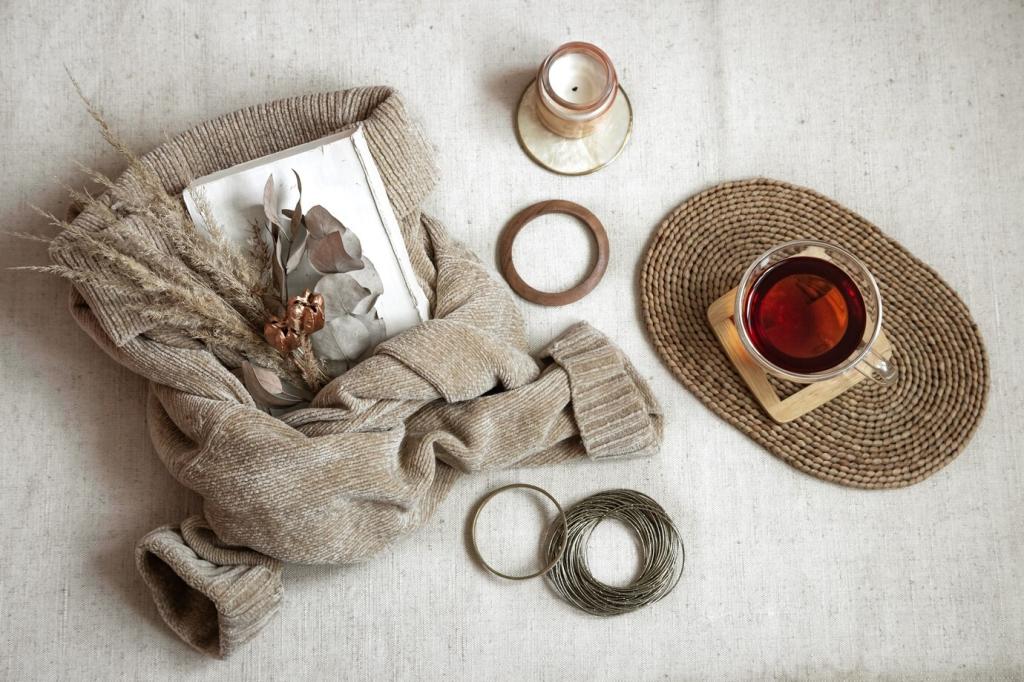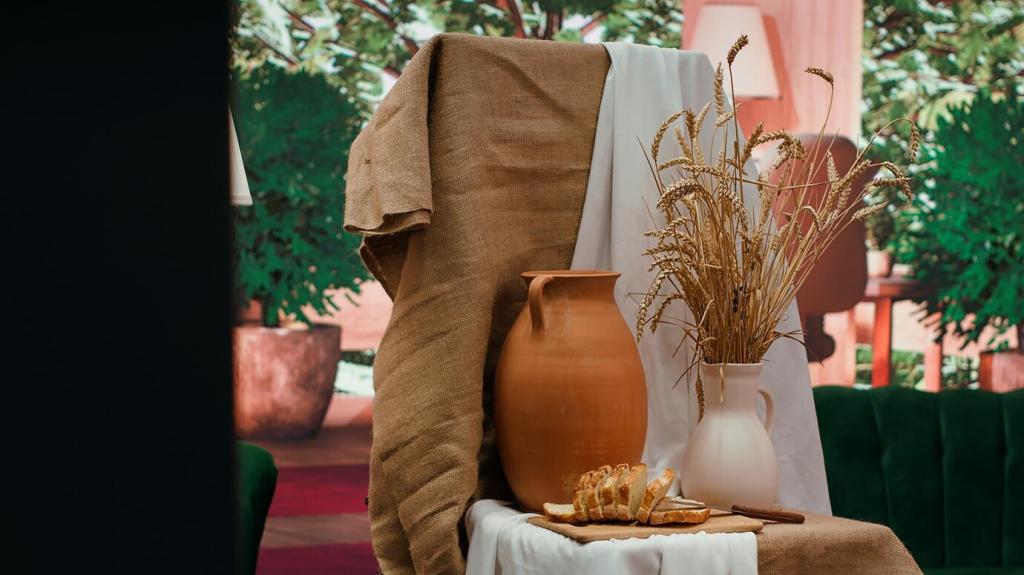Sustainable Flooring Options for Modern Homes
Discover a variety of eco-friendly flooring solutions that combine style, durability, and environmental responsibility for today’s modern homes. Sustainable flooring not only enhances the aesthetic appeal of your interiors but also contributes positively to the planet. By making informed choices, homeowners can minimize their ecological footprint, support ethical production practices, and invest in long-lasting materials. Explore the available options to create beautiful living spaces that truly reflect your values.
Sustainable Forestry Practices
Choosing hardwood flooring certified by organizations such as the Forest Stewardship Council (FSC) ensures the wood originates from sustainably managed forests. Responsible forestry practices maintain biodiversity, protect water quality, and support local economies without contributing to deforestation. By selecting certified products, you help safeguard natural resources for future generations and promote ethical industry standards.
Long-Lasting Durability
One of the main advantages of quality hardwood flooring is its exceptional longevity. When properly maintained, hardwood floors can last for decades, sometimes even centuries, reducing the need for frequent replacements. Their natural resilience withstands daily wear, making them a practical investment that also minimizes material waste over time.
Bamboo Flooring Solutions
Rapid Renewability
Bamboo reaches maturity faster than most hardwoods, often in only three to five years. This rapid growth enables frequent harvesting without depleting the resource, making bamboo a prime candidate for sustainable flooring. When cultivated with minimal pesticides and fertilizers, bamboo further reduces its environmental footprint compared to conventional wood sources.
High Strength and Versatility
Strand-woven bamboo is renowned for its exceptional toughness, often outperforming many hardwoods in durability tests. This makes bamboo an excellent choice for high-traffic spaces while retaining a refined, modern aesthetic. Its versatility allows it to be stained or finished in a wealth of shades, adapting perfectly to various décor preferences.
Eco-Conscious Production Methods
To maximize sustainability, conscientious bamboo flooring manufacturers utilize adhesives and finishes with low emissions, safeguarding indoor air quality. It is important to select products from companies that monitor harvesting practices and chemical usage, ensuring the entire process aligns with environmental and health standards. This commitment results in eco-friendly floors that reflect your green values.
Cork Flooring Advantages
Renewable Harvesting Process
Cork is sustainably sourced by carefully removing the bark, leaving the tree intact to continue growing and absorbing carbon dioxide. This process can be repeated multiple times over the life of each tree, which may live for more than 200 years. As a result, cork flooring delivers both renewability and longevity while supporting healthy forests.
Comfort and Insulation
Cork’s cellular structure provides natural cushioning underfoot, making it exceptionally comfortable for standing or walking. It also possesses excellent acoustic and thermal insulation properties, contributing to quieter, warmer interiors and potentially lowering energy costs. This unique blend of comfort and practicality makes cork flooring especially appealing in family spaces and bedrooms.
Hypoallergenic and Healthy
Cork naturally resists mold, mildew, and pests thanks to a substance called suberin. This reduces allergens in the home and minimizes reliance on chemical treatments. Additionally, many cork flooring products use non-toxic adhesives and finishes, creating a healthier indoor environment for everyone, including children and pets.
Using reclaimed wood, such as boards salvaged from old barns or factories, imparts a rich sense of character and history to modern spaces. Each plank boasts unique grains, knots, and coloration, making every installation distinct. Sourcing reclaimed wood reduces the demand for new lumber, curbs deforestation, and gives new life to what would otherwise be discarded.
Recycled and Reclaimed Materials
Sustainable stone flooring depends on ethical quarrying, where environmental impact assessments guide extraction processes. Responsible quarries restore landscapes, conserve habitats, and manage water usage to minimize their ecological footprint. By selecting stone from vetted sources, homeowners support conservation efforts while enjoying a luxury material with enduring value.

Linoleum and Natural Resins
Renewable Raw Ingredients
Linoleum’s main ingredients—linseed oil, wood flour, cork, and natural pigments—are all renewable, biodegradable, and non-toxic. These materials are harvested and processed with minimal energy compared to petroleum-based products. Choosing linoleum supports agricultural sustainability and reduces overall carbon emissions linked to home renovation.
Durable and Versatile Design
Modern linoleum is exceptionally resilient, resisting scuffs, moisture, and everyday wear, making it ideal for busy households. Its manufacturing process allows for a broad spectrum of patterns and hues, enabling creative freedom in home décor. This combination of style, toughness, and eco-friendliness suits the functional demands of contemporary lifestyles.
Improved Indoor Air Quality
Linoleum emits very low levels of volatile organic compounds (VOCs), contributing positively to indoor air quality. Because it is naturally antimicrobial, it helps prevent the growth of bacteria and allergens. These health benefits, paired with its environmental credentials, make linoleum a top choice for families seeking sustainable flooring.

Previous slide
Next slide
